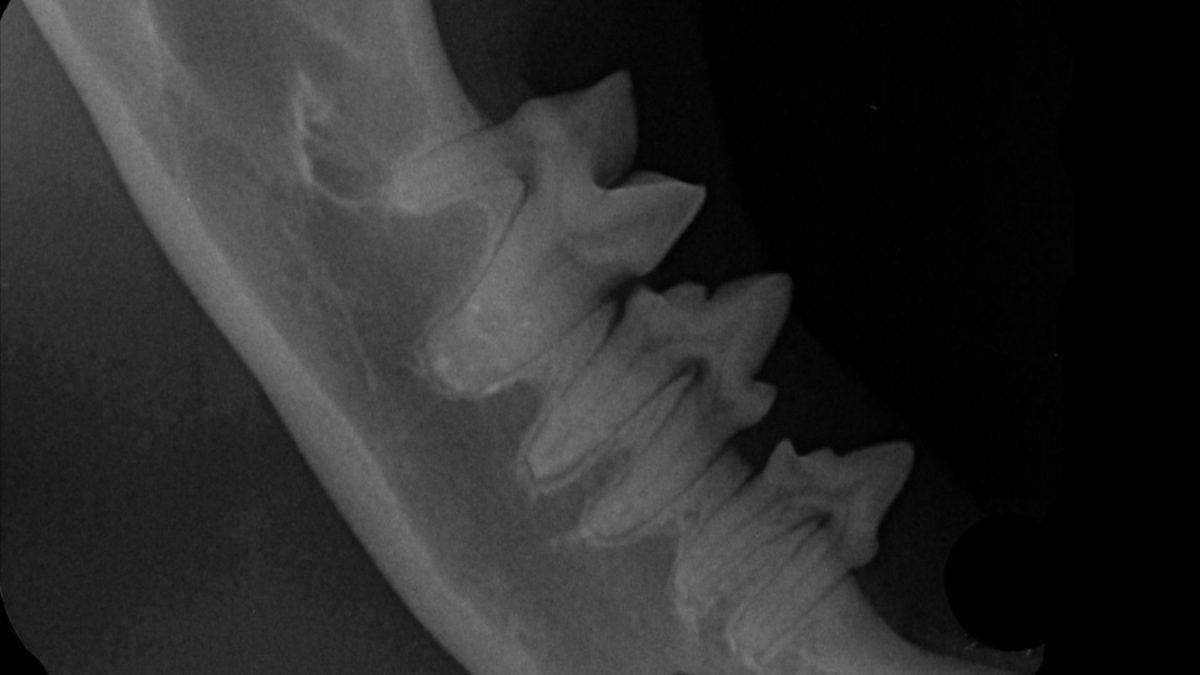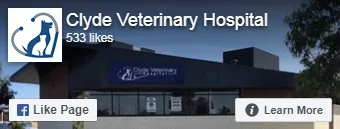The Vital Role of Dental Health in Pets: Why Dental X-Rays Matter

When it comes to keeping our furry friends healthy, we often focus on their diet, exercise, and routine check-ups. However, one crucial aspect of pet health that often gets overlooked is dental care. Just like humans, pets can suffer from dental issues that can lead to serious health problems if left untreated. In this blog, we’ll explore the importance of dental health in pets and explain why dental X-rays are an essential tool in maintaining your pet’s oral well-being.
The Importance of Dental Health in Pets
Dental health is not just about keeping your pet’s teeth clean and their breath fresh; it’s a crucial component of their overall health. Poor dental hygiene can lead to a range of issues, including:
- Periodontal Disease: This is one of the most common dental problems in pets. It begins with plaque build-up, which can harden into tartar and eventually lead to gum inflammation (gingivitis) and deeper infections. If untreated, periodontal disease can cause tooth loss and painful abscesses.
- Tooth Decay and Loss: Pets can suffer from cavities, though they’re less common than in humans. More frequently, pets experience tooth damage and loss due to trauma or severe periodontal disease.
- Oral Pain: Dental issues can be extremely painful for pets. They might not show obvious signs of discomfort, but you might notice changes in their eating habits, chewing difficulties, or unusual behaviour.
- Systemic Health Problems: Bacteria from dental infections can enter the bloodstream and affect other organs, potentially leading to heart, liver, or kidney disease.
The Role of Dental X-Rays in Pet Care
Dental X-rays are a vital tool in diagnosing and treating dental issues in pets. While a visual examination of your pet’s mouth is a good starting point, many dental problems are not visible to the naked eye. Here’s why dental X-rays are so important:
- Detecting Hidden Problems: Many dental issues, such as root abscesses, bone loss, or infections, are not visible without X-rays. These hidden problems can cause significant pain and health issues if not identified and treated promptly.
- Evaluating Tooth Health: X-rays allow veterinarians to assess the health of the tooth roots and the surrounding bone structure. This is crucial for diagnosing conditions like tooth resorption, which is common in cats and can be quite severe.
- Guiding Treatment: Accurate diagnosis through X-rays helps veterinarians create an effective treatment plan. For instance, if a tooth is fractured or has severe damage, the X-ray results will help in deciding whether extraction or other treatments are necessary.
- Monitoring Progress: For pets undergoing dental treatments or surgeries, X-rays are useful for monitoring the healing process and ensuring that the treatment has been successful.
How to Keep Your Pet’s Teeth Healthy
- Regular Brushing: Just like with humans, regular brushing is one of the best ways to prevent plaque build-up and periodontal disease. Use pet-specific toothpaste and brushes for the best results.
- Dental Chews and Toys: These can help reduce plaque and tartar build-up. However, they should not replace regular brushing or dental check-ups.
- Routine Vet Check-ups: Schedule regular veterinary visits, including dental check-ups. Your vet will be able to assess your pet’s oral health and recommend professional cleanings if needed.
- Watch for Signs of Dental Problems: Be vigilant for signs like bad breath, difficulty eating, or pawing at the mouth. Early detection can make a big difference in treatment outcomes.
Conclusion
Maintaining your pet’s dental health is crucial for their overall well-being. Dental X-rays play a significant role in diagnosing and treating dental issues that are not visible during a routine examination. By incorporating regular dental care into your pet’s routine and utilising advanced diagnostic tools like X-rays, you can help ensure that your furry friend enjoys a happy, healthy life with a bright, pain-free smile.
Remember, prevention and early detection are key. So, don’t overlook your pet’s dental health—schedule those regular check-ups and keep a close eye on their oral hygiene. Your pet will thank you with plenty of wagging tails and purrs!
Book an Appointment Today
About the Author:
Dr. Irene Mitry is the owner and founder of Clyde Veterinary Hospital, and a vet with a difference. She has not one, but two veterinary degrees, and an abiding passion for preventative pet care. Her life-long love for our animal friends shines through in everything she does, as her client testimonials show. Dr Mitry’s long-standing desire to bring this philosophy of care to life in her own purpose-built veterinary clinic led her to found Clyde Veterinary Hospital in 2018.


